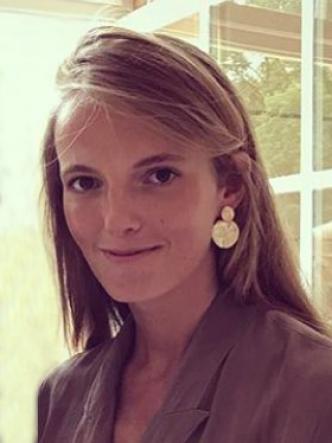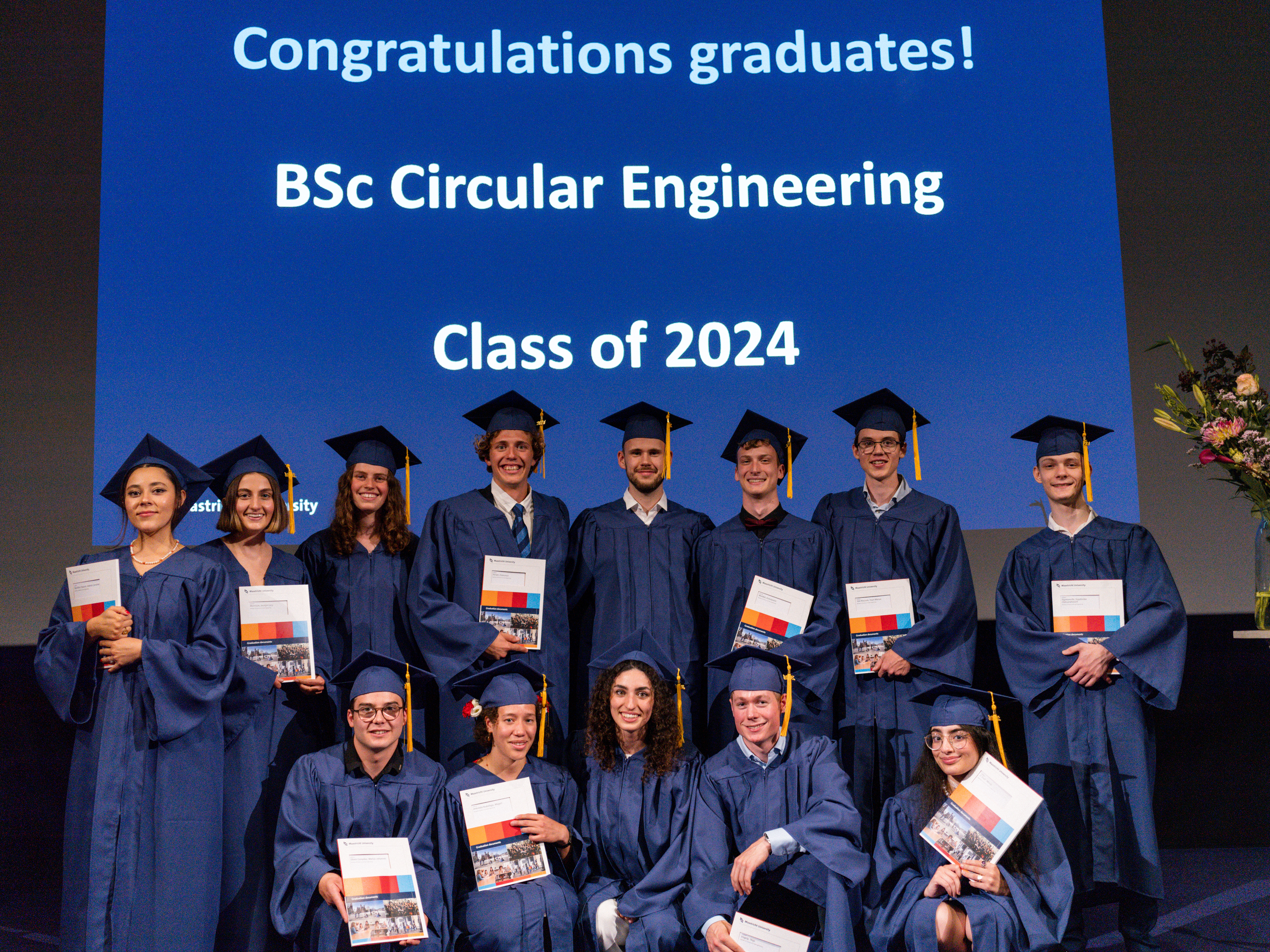Globalization & Law Network seminar ‘Legal Options to Make the EU’s Foreign and Security Policy More Effective’ wih Ramses Wessel
On 28 March 2023, the Globalisation and Law Network had the pleasure to have Prof. Ramses Wessel, vice-dean of the Faculty of Law of the University of Groningen, at Maastricht University.

During the seminar, which was organized in collaboration with the Maastricht Center for European Law (MCEL), Prof. Wessel talked about his research, commissioned by the European Parliament, on the legal options to make the EU’s Common Foreign and Security Policy (CFSP) more effective. Prof. Andrea Ott acted as a discussant.
Prof. Wessel gave an overview of what the CFSP is and why this policy displays some ‘atypical’ features, because of its decision-making procedure. He went on to explain the current challenges faced by the CFSP, from the perspective of the Court of Justice of the EU. Prof. Wessel then proceeded to analyze the use of Article 31 and the use of qualified majority voting (QMV) for CFSP decisions, but also the possible advantages and challenges of extending QMV to CFSP matters.
In the end, Prof. Wessel presented his policy recommendations on how to improve the EU decision-making in general and in the field of CFSP and, more specifically, whether it could be sustainable to use the ‘treaty sleeping beauties’, such as the passerelle clauses, to shift from unanimity to QMV.
If you are interested in joining the upcoming seminars organised by the Globalization & Law Network, you can view the program and register here.
Also read
-
Aleksandra Komornicka has received a Veni grant of € 320,000 from NWO for her project ‘The Market Next Door: Western European Multinationals and the Remaking of Central Europe, 1969-1993’.
-
"We are the pioneers in a brand-new field of engineering sciences, not just in Maastricht but globally as well", says Francesco Ferrari about the group of thirteen students, himself included, who in July received the first bachelor's degree in Circular Engineering.
-
Moving orange spots on a yellow background are the first indication that something unusual is taking place in Maastricht's limestone quarry, Sint-Pietersberg. A closer look reveals that these are people clothed in orange vests. They are Maastricht Science Programme students and supervisors.

